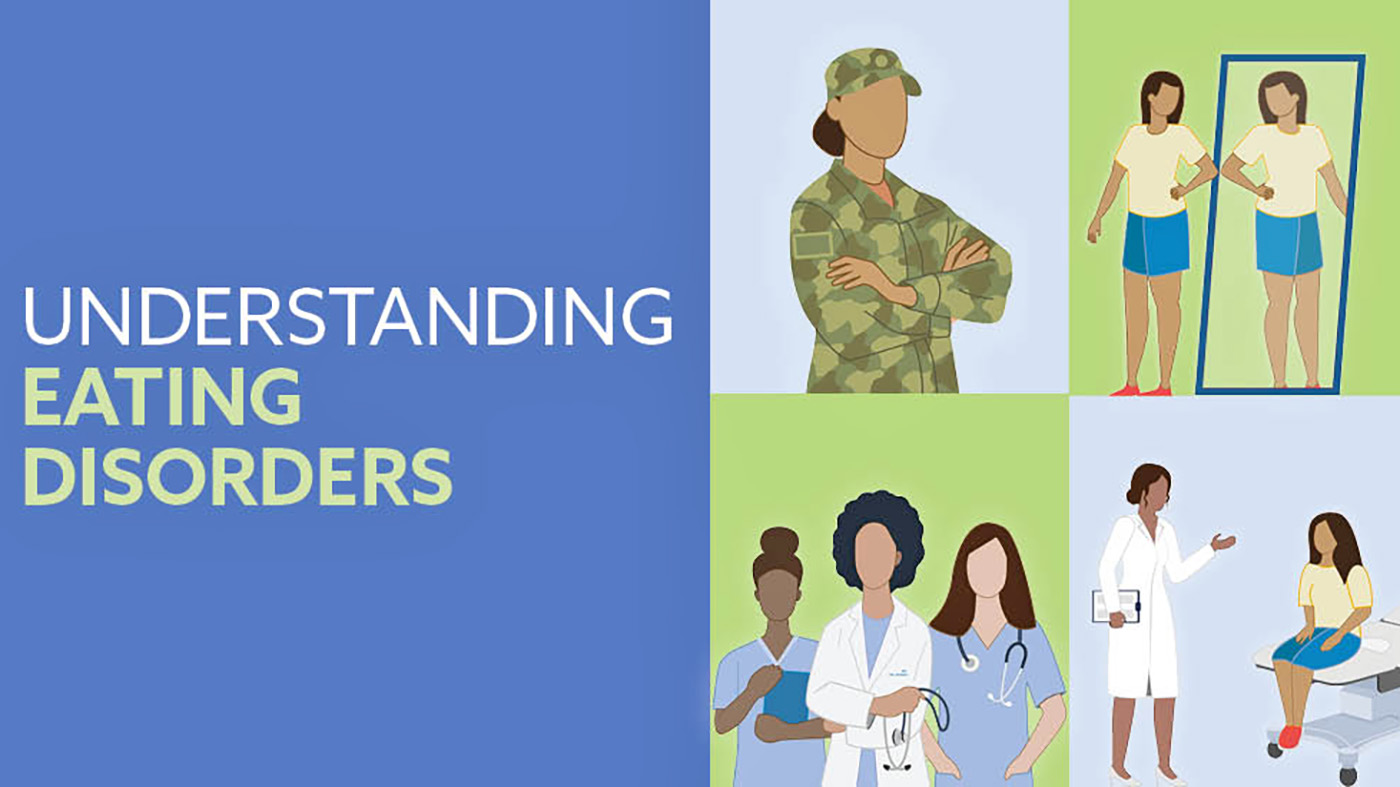Irritable Bowel Syndrome, also known as IBS, affects 1 in 5 people in America. Irritable Bowel Syndrome is a disorder that can cause various gastrointestinal (GI) symptoms such as diarrhea, constipation, bloating and abdominal pain. If your doctor has talked to you about a possible Irritable Bowel Syndrome diagnosis, there is hope. Nutrition and lifestyle changes can help manage your symptoms. Here are three ways you can keep your gut happy and healthy:
Try a lactose-free diet
Lactose is the natural sugar found in milk. About 65 percent of the world population is lactose-intolerant. This means that their bodies do not produce enough enzymes to break down milk sugar, which can cause and worsen GI symptoms. If you try a lactose-free diet, eliminate all foods that contain lactose. This includes dairy foods like cow’s milk, ice cream, certain cheeses, cottage cheese and yogurt. Lactose-free milk is a good replacement, and is found in most grocery stores. Some foods contain less lactose than others, and may be better tolerated. Examples include hard cheeses such as cheddar and parmesan. Eliminate high lactose foods for at least a week to see if your GI symptoms improve. Check out this page for more tips and information about dairy. Your VA dietitian can help you implement a lactose-free diet and ensure you are meeting your nutrient needs that dairy products provide (such as calcium and vitamin D).
Reduce stress
Stress plays a significant role in worsening symptoms. Since your brain and gut are linked through many hormones and nerve connections, lowering your stress may reduce your GI symptoms. For effectively lowering your stress, try deep breathing exercises, meditation or journaling. There are many free stress management resources online, like this from the American Heart Association. Include at least one stress-reducing activity per day. Many VA facilities offer stress management resources, such as group classes or individual instruction. Check with your local VA facility for options.
Consider a low-FODMAP diet
The FODMAP diet is an elimination diet that removes fermentable oligo-, di-, and mono-saccharides, and polyols which are types of carbohydrates and sugar alcohols that can worsen symptoms. High FODMAP foods can be poorly digested in people with Irritable Bowel Syndrome, and can cause excess gas, bloating and other GI symptoms. By trialing an elimination of high FODMAP foods, many find that their symptoms are significantly reduced. Common high FODMAP foods include onions, garlic, cow’s milk and wheat. To learn about other high FODMAP foods check out this page from the National Institute of Health. Consider starting a journal to track food and beverage intake and any GI symptoms that occur, including severity. Because there are many foods to consider, a low-FODMAP diet can be difficult to manage on your own. For the best results, work with your local VA dietitian to help you navigate this process, and help you find symptom relief.
Although there is no known cure for Irritable Bowel Syndrome, it can often be successfully managed with changes to diet and lifestyle. In addition to the diet considerations listed above, limiting excessive fat intake may also help improve symptoms. If you’re interested in learning more about how to eat with an Irritable Bowel Syndrome diagnosis, or any other nutrition-related topic, contact your local VA to speak with a registered dietitian.

Topics in this story
More Stories
Embrace simplicity and balance during the holiday frenzy! Discover the beauty of self-care and a nourishing meal in this week's #LiveWholeHealth practice.
Grain salads pack a punch of vitamins, minerals and fiber. Check out this colorful, flavorful recipe in this week's #LiveWholeHealth video recipe.
As a Veteran, you may be at an increased risk for developing an eating disorder






